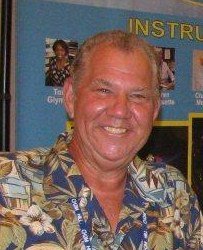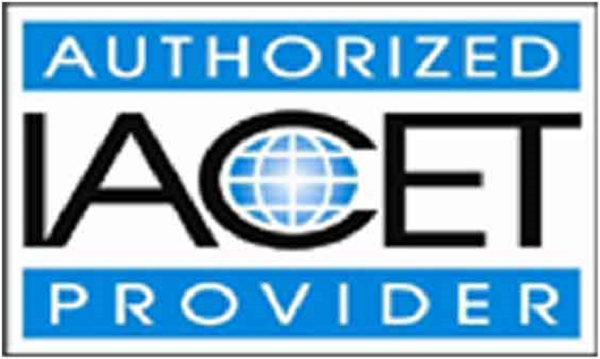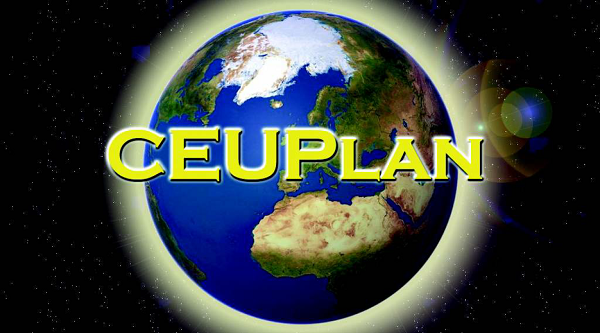
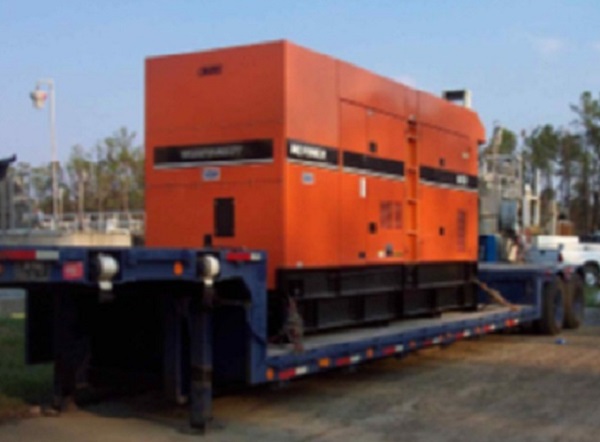
Annette Vail
Parts of Oklahoma have been leveled by devastating tornados. Wildfires are burning up acres upon acres in Arizona and New Mexico. And Hurricane Season is now upon us.
These are all reminders that natural disasters can happen at any time, any place. Having an emergency preparedness plan in place is essential. Reviewing the plan and doing tabletop exercises and practice sessions is important too. Water and sewer are vital services, so being ready for a disaster is imperative. Being ready wins half the battle.
But the other half happens after the disaster. What do you do when critical equipment is flooded, scorched, damaged or just plain gone?
This month, we would like to highlight courses from a couple of our instructors
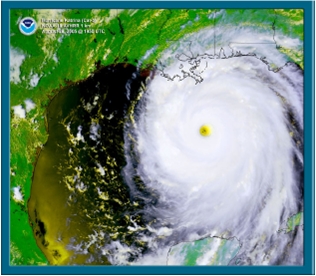
Emergency Response
Annette Vail has written several unique courses on Emergency Response for CEU Plan and we are pleased to highlight a couple of them here.
This multiple course series has been very popular from the initial release, as the instructor â Annette Vail has been involved in many emergency responses in her career. She started the series with "After the Disaster" recalling many of her teamwork efforts involved in Hurricane Katrina. Her first-hand knowledge of those events, her annual preparedness for hurricanes and tropical storms, along a coastal community; as a licensed operator and utility director. The latest course on generators is an excellent refresher or introduction course into standby power supplies.
By the end of the ERS (Emergency Response Series) training courses, you will have the ability to:
- create a written plan, program, and procedures to prepare and respond to a variety of emergency conditions
- develop a mutual aid agreements with companies or agencies that are near you and those that are not in the same area
- explain how loss of power creates an emergency situation
- indicate the sizes and connection to an emergency generator
Courses in this series include:
- ERS â Generators
- ERS â Emergency Response Series: After the Disaster
We would also like to highlight a new course from Mike Harrington
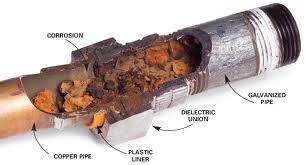
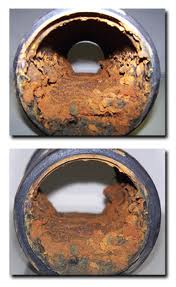
Corrosion Management
This is an excellent four hour course to introduce and refresh everyone on corrosion! This course combines superb visuals and interactive lecture, first defining potable water corrosion, the benefits of determining corrosion indexes, examining water quality issues like pH, Temperature, TDS, Hardness, and Alkalinity. The operator will learn that effective corrosion control in potable water requires more than water chemistry studies. Disinfection â types and residuals, distribution piping, flushing schedules, treatment process, coupon studies, electrical grounding all play a major role in total system corrosion.
By the end of this training course, you will have the ability to:
- discuss and evaluate the issues of corrosion related to your infrastructures
- identify the types of corrosion and their characteristics
- explain the importance of flushing and benefits against corrosion
- list and describe various flushing procedures
- calculate and validate the chemical strength of plant deliveries
- describe the Langlier Saturation Index
EPA and MPCA to Provide More than $3 Million to Restore the St. Louis River The U.S. Environmental Protection Agency and the Minnesota Pollution Control Agency today announced more than $3 million to help restore the St. Louis River Area of Concern. EPA will provide $2.2 million in Great Lakes Restoration Initiative (GLRI) funds and MPCA will provide an additional $1.1 million through the Minnesota Clean Water Fund. | Chemists introduce new energy efficient seawater desalination method Having access to fresh water is a human necessity. We rely on fresh water not only for drinking, but also for crop irrigation and food production. And in an ever-changing world, with ever-changing landscapes, many communities are often faced with access limitations to fresh water due to both natural and man-made causes. This is what turns communities to the sea- an abundant, yet salty water source. |
||||
Supreme Court ruling on water district permit case favors property rights The U.S. Supreme Court on Tuesday sided with an Orange County family in its long dispute with a local water management district in a 5-4 ruling being hailed as a victory for private property rights. | Restoring the Earth's "Kidneys" Think of a wetland like a kidney. Just as kidneys filter blood in the body, wetlands filter pollutants out of waterways. |
||||
|
|||||

During the coming months, we will be upgrading our site with new features and courses. Thanks to you and your comments, almost annually, we make improvements to our site and courses to better serve you â¦â¦â¦ we pride ourselves in pioneering streaming â video courses, whether the course is a text base, text with streaming, or complete streaming â illustrated on our course enrollment page, consolidated Transcript with all certificates of completion available at any time, and we continue to research areas to maintain a reasonable cost to our program. We have some great courses additions â¦â¦ including:
- Introduction to Mechanical Seals by Gary Stockslager
- Gary is the past president of US Seals illustrating many technical and troubleshooting aspects to Mechanical Seals. This course is designed to give the student a reasonably good understanding of what Mechanical Seals are, what makes them function along with some of the issues/problems/concerns associated with them.
- Basic Chemistry & Laboratory Techniques by Margaret Doss
- A one hour streaming course providing a great overview of basic chemistry components by Margaret. She discusses such topics as elements and how they are arranged in the periodic table and what the periodic table tells us, physical properties, and how atoms bond to form molecules ... such as water.
- Reasonable Security Measures to Protect your Plant by Russ Martin
- In this two hour course, Russ introduces why it is important to implement security measures and details several quick and easy steps that can be taken to improve security at a Water or Wastewater Treatment Facility.
Jeff Pugh
Tips & Tricks
» The rules for CEU Plan quizzes vary from state to state but you are permitted to retake the quiz as many times as you wish and the scores will be averaged. Now, remember, when you take the quiz, after you are finished, the final screen shows you the results of your test and asks if you wish to record the results. If you are not pleased with your results, DON'T RECORD THE RESULTS! Cancel out of the Quiz (press the "go-away" X in the top right corner to close the window) and re-start the quiz. Do better next time. If necessary, re-read the section text or leave the text window open for reference as you take the quiz; the quiz questions are taken directly from the text.
» It is important that the license number listed on your Student Page is correct and in the correct format for the State Agency. If the number is incorrect or doesn't match the other information listed, the State may reject the credit. We try to catch obvious mistakes but some slip through. It is also important that the operator make sure that they have received the credit that they think should be coming. If the state doesn't list credit for a course that is listed on your My Transcripts, we need to find out why. Send us a Technical Support Inquiry and we will investigate.

Have you been a trainer?
Experienced and Knowledgeable
CEU Plan is recruiting individuals involved in training. Should you be interested in becoming a CEU Plan Instructor, please contact us today; simply submit a technical support form of your interest. We are interested in experienced individuals who have a minimum of 15 years of experience in the industry and taught their training courses previously. E-mail us at: https://www.ceuplan.com/InstructorSignup.aspx
I have been reflecting on the quality of the water and wastewater treatment systems here in the United States of America and the operators that assure that we have the best treatment in the world. We, as citizens of the US, are blessed to have such a knowledgable, dedicated bunch protecting our water supplies and we, at CEU Plan, are blessed to be able, in some small way, to help the operators achieve their goals.
Thank you for being a part of the
CEU Plan family.
Bill Edgar, Program Administrator
